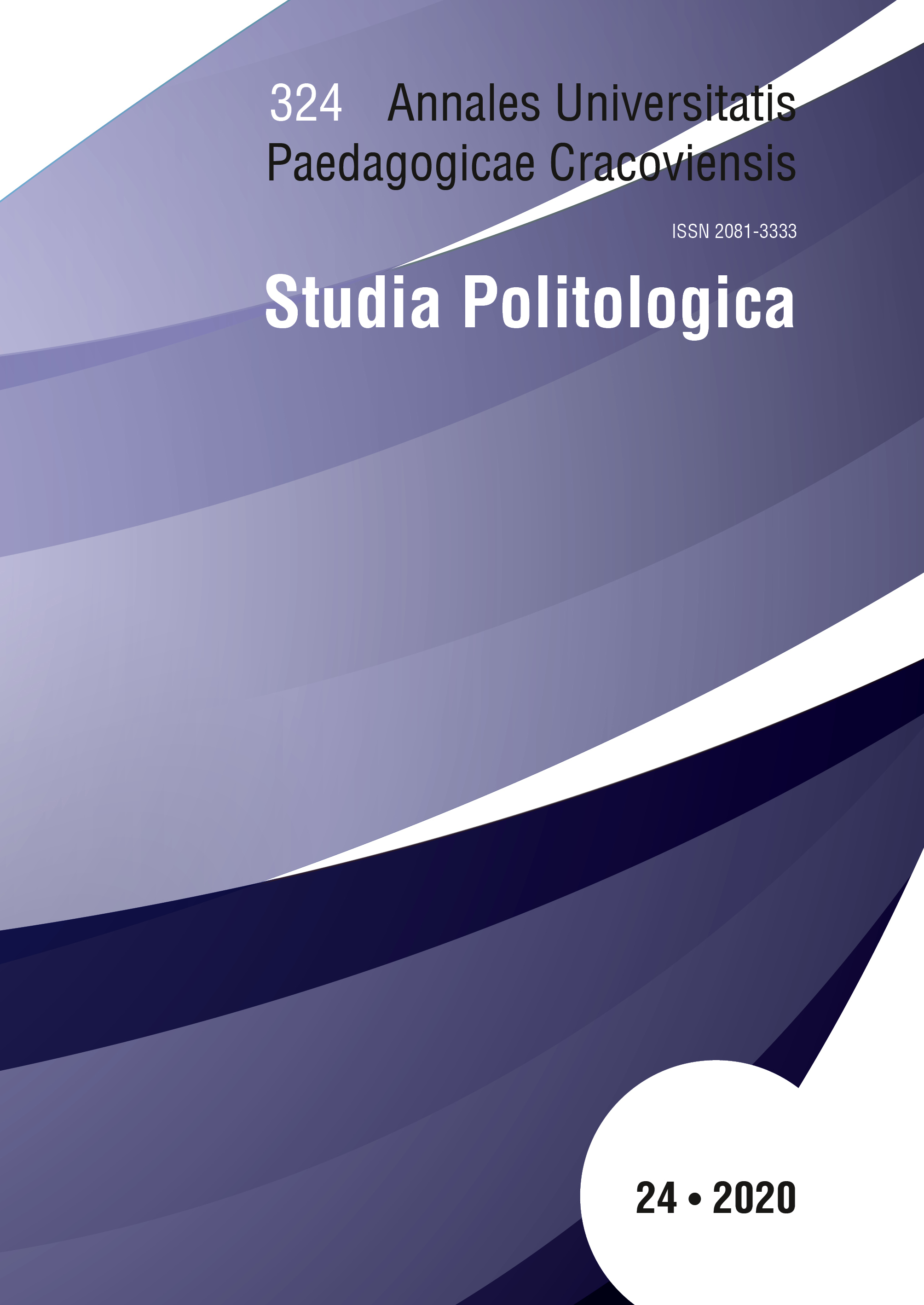Concepts for reconstruction of the maritime economy of the polish underground state...in the years 1940–1944
Concepts of Reconstruction of the Maritime Economy in the Polish Underground State in 1940–1944
Author(s): Bogdan ChrzanowskiSubject(s): Politics / Political Sciences
Published by: Wydawnictwo Uniwersytetu Komisji Edukacji Narodowej w Krakowie
Keywords: Polish Government in exile; maritime economy; maritime infrastructure; reconstruction of po-st-war economy
Summary/Abstract: The regaining of the country’s independence, and then its revival after the war damages, including its economic infrastructure – these were the tasks set by the Polish government in exile, first in Paris and then in London. The maritime economy was to play an important role here. The Polish government was fully aware of the enormous economic and strategic benefits resulting from the fact that it had a coast, with the port of Gdynia before the war. It was assumed that both in Gdynia and in the ports that were to belong to Poland after the war: Szczecin, Kołobrzeg, Gdańsk, Elbląg, Królewiec, the economic structure was to be transformed, and they were to become the supply points for Central and Eastern Europe. Work on the reconstruction of the post-war maritime economy was mainly carried out by the Ministry of Industry, Trade and Shipping. In London, in 1942–1943, a number of government projects were set up to rebuild the entire maritime infrastructure. All projects undertaken in exile were related to activities carried out by individual underground divisions of the Polish Underground State domestically, i.e. the “Alfa” Naval Department of the Home Army Headquarters, the Maritime Department of the Military Bureau of Industry and Trade of the Head of the Military Bureau of the Home Army Headquarters and the Maritime Department of the Department of Industry Trade and Trade Delegation of the Government of the Republic of Poland in Poland. The abovementioned organizational units also prepared plans for the reconstruction of the maritime economy, and the projects developed in London were sent to the country. They collaborated here and a platform for mutual understanding was found.
Journal: Studia Politologica
- Issue Year: 324/2020
- Issue No: 24
- Page Range: 142-151
- Page Count: 10
- Language: Polish

